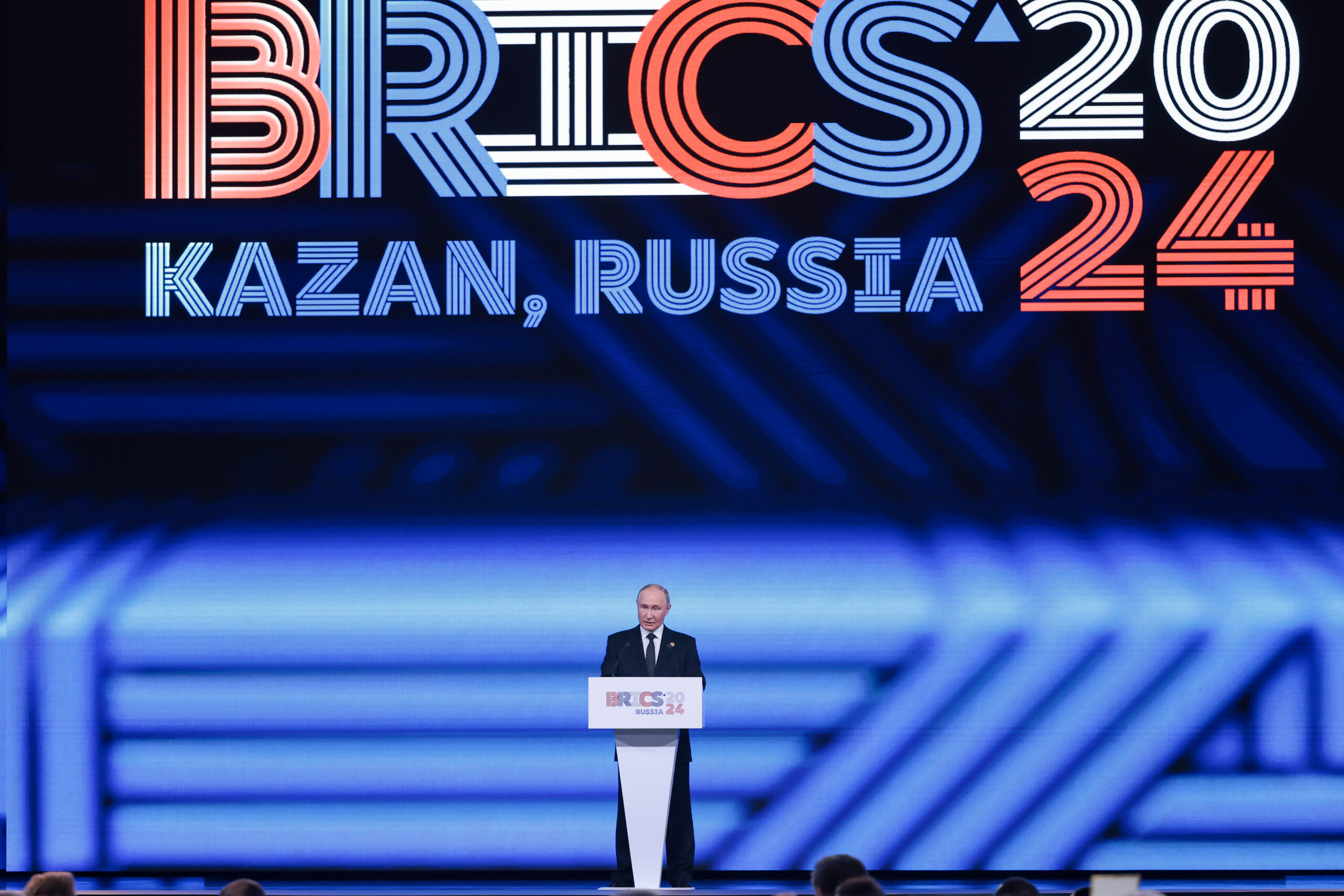
Venezuelan President Nicolás Maduro views BRICS as a cornerstone of the future global order, according to Minister of Foreign Affairs Yván Gil Pinto, who spoke with Russian news agency TASS.
“President Maduro believes the future lies with BRICS, and we are committed to being part of that future,” said Gil Pinto. “We are working to align with the shared vision and goals of this important international alliance.”
Gil Pinto reiterated Venezuela’s long-standing commitment to securing full BRICS membership, saying that Caracas remains actively engaged in that process. Venezuela has not wavered in its intention to join the BRICS group and will continue to pursue full membership, Gil Pinto said.
“Yes,” he responded when asked if Venezuela still plans to join. Gil Pinto said Caracas is prepared to collaborate with all BRICS member states as part of its commitment to the alliance’s shared vision.
President Maduro arrived in Moscow on May 7, marking his eighth official visit to Russia. During his meeting with Russian President Vladimir Putin, the two leaders signed a new agreement focused on strategic partnership and bilateral cooperation, further strengthening ties between Caracas and Moscow.
The Kremlin has expressed strong support for strengthening ties between Venezuela and the Eurasian Economic Union (EAEU), signaling deeper integration between the Latin American nation and the Eurasian bloc.
Recently, Putin and Maduro signed a Strategic Partnership and Cooperation Agreement during a formal ceremony held in the Malachite Hall of the Kremlin, marking a new phase in bilateral relations.
Last year, Brazil announced that it has officially vetoed Venezuela’s attempt to join BRICS, citing a breach of trust by President Nicolás Maduro, according to Celso Amorim, Brazil’s Presidential Advisor for International Affairs. The decision stems from Maduro’s alleged failure to honor a post-election commitment to release official results—a move that reportedly undermined President Luiz Inácio Lula da Silva’s confidence.
President Maduro, who traveled to Kazan, Russia for the BRICS summit—one of his rare international appearances—was met with diplomatic embarrassment. With President Lula absent, Maduro faced a public setback in the presence of leaders like Vladimir Putin and Xi Jinping.
In a strongly worded statement, Maduro condemned Brazil’s veto as “an aggression against Venezuela” and “a hostile, inexplicable, and immoral gesture.” The statement directed its criticism primarily at Brazil’s Foreign Ministry, avoiding direct confrontation with Lula himself. It framed Brazil’s stance as a continuation of the boycott policies once pursued by former right-wing President Jair Bolsonaro.
Putin, along with China’s Xi Jinping, remains one of Maduro’s strongest economic and diplomatic allies and has expressed support for Venezuela’s entry into BRICS. However, membership can only proceed with the full consensus of all member states.
“We are familiar with Brazil’s position, we do not agree,” Putin said in his closing BRICS speech last year. “Venezuela is fighting for its survival. I know President Lula, a very decent and honest man. I am sure he will address the situation as such. He asked me to talk to Maduro. I hope the situation will be resolved.”
This episode underscores growing tensions within Latin American diplomacy and the complex political dynamics shaping BRICS expansion.

